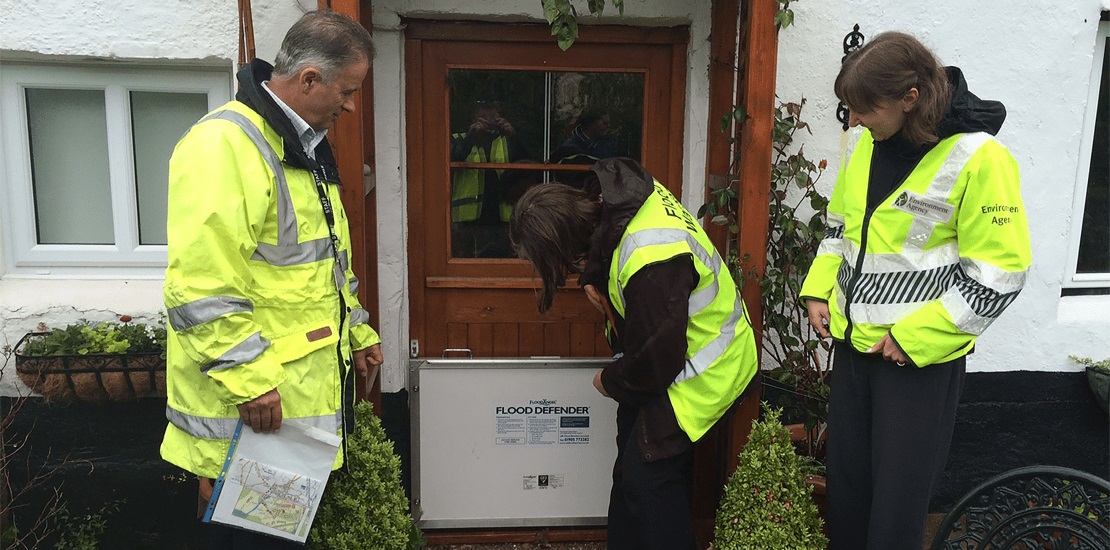People in Hull are being urged to protect their properties from flooding after the city experienced unprecedented rainfall over the past three months.
More than double the average rainfall poured down in the city in September, October and November. It lead to flooding in a small number of properties across Hull.
Now residents are being encouraged to take action to secure their properties against potential damage using a range of property-level flood resilience measures.
They include installing flood doors and hard floors and ensuring electrics are raised off ground level around the home.
Residents are also encouraged to install water butts in gardens to collect excess rainwater.
Hull has the second-highest number of properties at risk of flooding in the UK outside of London, with in excess of 95 per cent of the city defined as being at “high risk” of flooding.
In November, 160mm of rain fell in Hull, with averages hitting about 60mm during the month. And in October, the city experienced 141mm of rain, compared with the expected 46mm.
And a whopping 42mm of rain falling in just 24 hours on Thursday 14 November.
Because of this threat, Hull City Council has worked closely with its partners including East Riding of Yorkshire, Environment Agency and Yorkshire Water to secure more than £200m of investment into flood defences across the area.
The four authorities now sit under the Living with Water brand, which recently won a national award for its partnership work to address the risk of flooding in Hull and the surrounding area.
With 1 in 6 homes at risk of flooding, it’s important to be aware of the small steps you can take to be better prepared 👇https://t.co/9nJAxH4i1X #PrepareActSurvive #Flood pic.twitter.com/yegiHow3d4
— Environment Agency (@EnvAgency) December 10, 2019
Councillor Mike Thompson, portfolio holder for neighbourhoods, communities and environment at Hull City Council, said: “Hull has made an incredible amount of progress in terms of building a flood resilient city and as a local authority we are constantly evolving to ensure we can improve Hull’s resilience and adapt to the challenges of the changing climate.
“The need for flood protection is critical. Without these vital schemes, parts of the city could suffer from significant flooding and the damage to properties would be destructive.
“That is why it is absolutely crucial for residents to do what they can to protect their own properties by installing a flood-proof door, or placing a water butt in the garden to collect excess rainwater.
“The presence of flood defences reduces the probability of flooding but does not remove the risk completely. There will always remain a residual risk which will increase with the impacts of climate change.”
